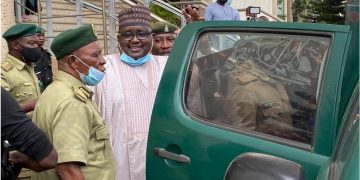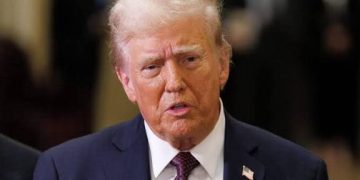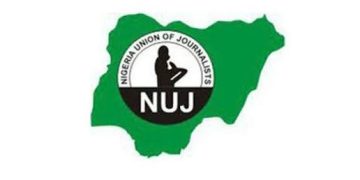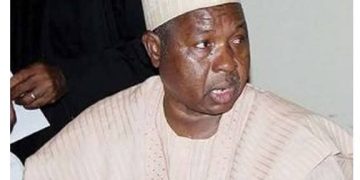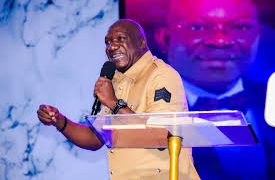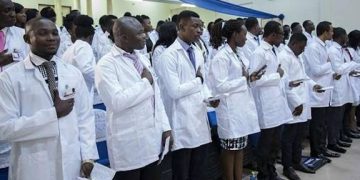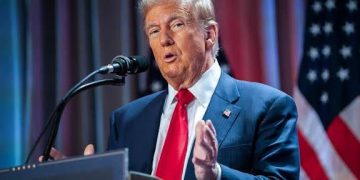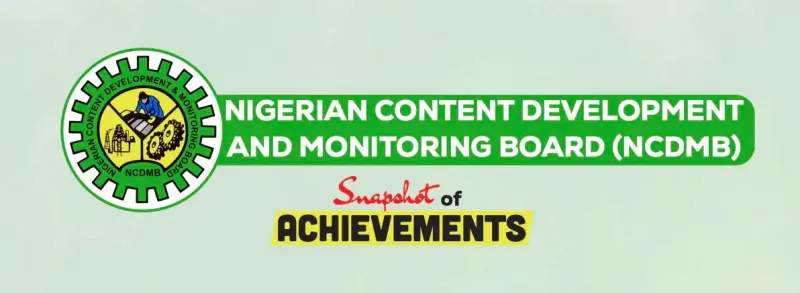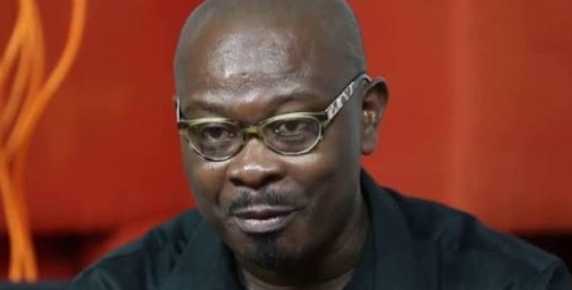The Southeast region of Nigeria – once celebrated for its high literacy, thriving markets, and entrepreneurial energy – is today witnessing a dangerous decline. Once peaceful and industrious, it has become a zone of fear, displacement, and repression. Insecurity has devastated local economies and livelihoods. Markets have collapsed, farms lie abandoned, and children are denied education as violence spreads. If this trend persists, the Southeast risks sliding into a full-scale human development crisis.
Compounding this tragedy are disturbing reports of enforced disappearances and arbitrary arrests. Families continue to search for missing sons taken by security forces, with no record or explanation. Civil society groups and professional bodies have repeatedly raised alarm about this descent into lawlessness and impunity.
In February 2025, the Rule of Law and Accountability Advocacy Centre (RULAAC), the Nigerian Bar Association (NBA), and a coalition of Southeast civil society organizations convened a Peace and Security Stakeholders’ Summit in Enugu. The consensus from that dialogue was clear: the continued detention of Nnamdi Kanu is a moral and legal scandal – and a major obstacle to peace in the Southeast.
The Legal Scandal of Nnamdi Kanu’s Detention
Mazi Nnamdi Kanu, leader of the Indigenous People of Biafra (IPOB), was abducted in Kenya in June 2021 and extraordinarily rendered to Nigeria. His ongoing detention and trial have raised serious constitutional and human rights questions.
In October 2022, the Court of Appeal discharged and acquitted him, ruling that his rendition was illegal and stripped Nigeria of jurisdiction to try him. That judgment has never been set aside – only stayed procedurally. Yet, the Federal Government continues to detain him in violation of clear judicial orders.
The Supreme Court, while acknowledging that Kanu’s abduction was unlawful, paradoxically remitted the case for trial – a decision that contradicts Section 36(9) of the Constitution, which bars retrial after acquittal (autrefois acquit). Under Section 1(3), any act inconsistent with the Constitution is void.
The United Nations Working Group on Arbitrary Detention and the UN Special Rapporteur on Counter-Terrorism and Human Rights have also ruled that Kanu’s rendition violated international law, ordering his unconditional release and reparations. Nigeria, as a UN member, is bound by these findings.
Beyond the illegality of the rendition, the charges against Kanu rest on repealed laws – including the Terrorism Prevention (Amendment) Act 2013 and the Customs and Excise Management Act. Under Section 36(12) of the Constitution, no one can be tried for an offence not defined in a valid written law. Proceeding on the basis of repealed statutes makes the entire prosecution a constitutional nullity.
As the U.S. lawyer representing Kanu, Bruce Fein, recently wrote to the Federal High Court, “No government should profit from its own criminality.” Quoting U.S. Supreme Court Justice Louis D. Brandeis in Olmstead v. United States (1928), he reminded the court that when governments break the law, they invite anarchy:
“If the government becomes a lawbreaker, it breeds contempt for law; it invites every man to become a law unto himself.”
This principle goes to the heart of the matter. Kanu’s continued detention is not just a legal aberration – it undermines the moral and constitutional foundations of governance in Nigeria.
Selective Justice and Double Standards
The Federal Government’s handling of Nnamdi Kanu’s case exposes a troubling double standard in the administration of justice.
Leaders of Niger Delta militant groups who once took up arms against the state were granted amnesty, contracts, and government appointments. Sunday Igboho, who led a separatist campaign in the Southwest, was released and allowed to go free. Meanwhile, the government has openly negotiated with terrorists and bandits who have killed, kidnapped, and destroyed entire communities.
Why then is Nnamdi Kanu treated differently? Why is his political agitation criminalized while others are pacified through dialogue?
This selective justice reinforces a painful perception in the Southeast – that its people are governed by a different set of rules. It recalls the infamous remark by a former president that some Nigerians would be “treated in the language they understand.”
By ignoring court orders and perpetuating Kanu’s unlawful detention, the state sends a message that it values brute power over the rule of law. This not only alienates a region but corrodes national unity.
Beyond IPOB: The Real Drivers of Insecurity
A major challenge in addressing insecurity in the Southeast is the lazy and dangerous narrative that every act of violence is the work of IPOB or its armed wing, the Eastern Security Network (ESN). This oversimplification has allowed real criminal networks to thrive under the cover of politics.
Findings by the Truth, Justice and Peace Commission (TJPC), chaired by Prof. Chidi Odinkalu and established by the Anambra State Government under Governor Charles Soludo, reveal that the greatest drivers of insecurity today are cultism, political thuggery, and organized crime – often financed or shielded by politicians.
Before IPOB ever existed, the region had long suffered from politically driven violence, gun proliferation, and cult-related killings. Today, cultism has spread from campuses to towns and villages, fueled by poverty, joblessness, and the collapse of family and community structures.
Crimes such as the killing of Ahmed Gulak in Owerri, the murder of American missionaries in Ogbaru, and the wave of violence in Obosi were found to have no ideological link to IPOB. They were products of criminal enterprise and political corruption.
From Ohaji to Orlu, from Ihiala to Awka, violence in the Southeast is now multi-layered – part political, part criminal, and deeply rooted in weak governance and institutional decay.
To blame IPOB alone for all of this is to evade responsibility and misunderstand the complexity of the crisis.
Repression Breeds Radicalization
The current insecurity in the Southeast is, in large part, a direct consequence of state repression. By criminalizing dissent, militarizing civil life, and conflating political agitation with terrorism, the government has created a fertile ground for radicalization.
Every bullet fired in repression breeds a dozen more angry and alienated youths. Every unlawful detention reinforces the belief that justice is unattainable within Nigeria.
The lesson of history is clear: repression cannot produce peace. From the Niger Delta to the North East, coercion without justice only perpetuates conflict.
Justice as the Path to Peace
Releasing Nnamdi Kanu is not an act of weakness; it is an act of wisdom. It would:
1. Remove a key rallying point exploited by violent elements to justify their actions.
2. Rebuild trust between the federal government and Southeast citizens.
3. Demonstrate respect for the rule of law and restore the judiciary’s authority.
4. Open the door to genuine dialogue about grievances and governance failures in the region.
Nigeria’s experience in the Niger Delta offers a useful lesson. Peace did not come from military campaigns but from dialogue, justice, and reintegration. The same principle applies to the Southeast today.
Those calling for Kanu’s release are not endorsing his rhetoric. They are demanding consistency, fairness, and constitutionalism. You cannot build peace on injustice.
The Broader Implications
Kanu’s case is not just about one man or one movement. It is a litmus test for Nigeria’s commitment to the rule of law and equal citizenship. If the state can ignore its own courts, abduct citizens abroad, and prosecute them under repealed laws, then no Nigerian is safe.
When the government chooses which court orders to obey, it transforms legality into privilege and justice into politics. Such behavior erodes confidence in institutions and fuels the very insecurity it claims to be fighting.
Nigeria’s democracy cannot survive selective adherence to law. Respect for judicial decisions, adherence to constitutional provisions, and protection of human rights are non-negotiable foundations of stability.
The Choice Before Nigeria
Nnamdi Kanu’s continued detention, despite multiple court orders, is unjust, unlawful, and counterproductive. It perpetuates alienation and mistrust, fuelling the insecurity devastating the Southeast.
The government has a choice: to persist in defiance and deepen division, or to act with courage and uphold justice.
Releasing Kanu will not weaken the Nigerian state – it will strengthen it. It will demonstrate that Nigeria remains a democracy governed by law, not by selective power.
As Justice Brandeis warned nearly a century ago, “In a government of laws, the existence of the government will be imperiled if it fails to observe the law scrupulously. For good or ill, it teaches the whole people by its example.”
Nigeria must teach by the right example.
Injustice divides nations; justice heals them.
Let the government choose justice — and let the Southeast breathe again.


